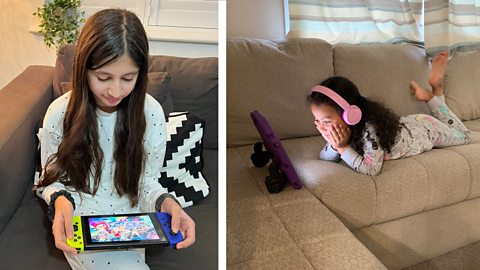There are lots of jobs around today that didn’t exist ten or twenty years ago. With technology advancing rapidly, the world of work is going to look very different in the future.
With the help of Professor Carl Frey, economist and Associate Professor of AI & Work at the University of Oxford, BBC Bitesize Parents’ Toolkit has investigated the careers your children could be involved in by 2040 and the skills and subjects they need now, including using BBC micro:bit, to help them get started on a new path.

Renewable Energy Scientist
The UK is increasingly moving towards new energy supplies and some estimates suggest we could produce more than enough power using wind and solar by 2050. However, to get there we will need scientists working behind the scenes, to develop the technology and help to get it built.
“I think there's going to be huge investments required in the energy transition,” says Professor Frey. “And that doesn't just involve replacing what we currently have. It also means meeting future energy needs which are going to grow with artificial intelligence, the metaverse and new technologies.”
As well as jobs for scientists, Professor Frey says there will be jobs in construction, “Solar panel installers, for example, have been one of the fastest growing jobs in recent years.”
In the classroom, the sciences and maths are a good start for anyone interested in becoming a renewable energy scientist.
Virtual Reality Developer
In the future, it could be that, instead of going into an office or joining a video call, we will be putting on a pair of virtual reality goggles to enter the metaverse: a virtual universe populated by 3D avatars of people. You could be sitting around a virtual desk with colleagues from all around the world holding meetings and catch ups.
Virtual worlds like the metaverse will need developers to write the code behind them. Professor Frey says that AI will be able to do some of the coding for us, but that humans will be working alongside AI, with AI working as a co-pilot: “In 2040 there will be coders. An AI co-pilot can do the basic things but there's lots of creativity in coding.”
Subjects to focus on at school to make it as a programmer include information and communication technology (ICT), maths and the sciences.
The BBC micro:bit can be used to teach primary school children about coding, with fun activities such as creating a name badge, thermometer or even a step counter!
There are also classroom resources based around popular CBBC shows. Find out more on the BBC micro:bit website.
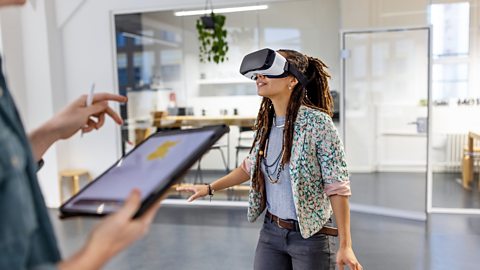
Artificial Intelligence Ethicist
The development of artificial intelligence has raised many ethical concerns. Will it become smarter than humans? Would that be a good or bad thing if it did? Many companies including Google and Microsoft employ Artificial Intelligence Ethicists, who research AI to reduce the chance of unethical or inappropriate use.
Professor Frey says: “The demand for ethicists looks set to increase. I think it's already a job that is booming - in part because it's a very new technology and lots of people are interested in these issues, particularly around how we regulate AI. I think that is a domain that is going to be very important going forward.”
If your child wants to explore AI ethics, then philosophy, ICT and business are great places to start at school.
Augmented Reality Artist
You might think of an artist using a paintbrush, but there are some artists, like games designers and art directors, that use computer code.
Technology now allows us to augment reality and add digital features to the real world. There are apps that allow you to look at your surroundings through a screen and see things that aren’t really there. In the future many of us might wear glasses which allow us to see things that have been designed digitally.
And one thing that can be designed is art - you could walk down the street, pop on a pair of glasses and see the side of a building covered in a giant painting that isn’t really there. Artists will be able to use AI to make art which is different from what has come before.
Professor Frey says, “For mass produced artefacts you will have fewer designers working with the help of AI. But then when it comes to the arts and the cutting-edge, humans will still have a comparative advantage.”
Art is the obvious subject for anyone who wants to become an artist, but for augmented reality, ICT and design technology are also useful.

Yoga Instructor
Some jobs in 2040 will seem very futuristic to us today, but not every job in the future will revolve around technology. Professor Frey believes that jobs which involve valuable human interaction are likely to survive or grow, like being a yoga instructor.
“We can tune in on yoga classes virtually now. And many people did that in the pandemic, but it bounced back afterwards - there seems to be some in-person connection there that is important to people,” says Professor Frey. “There is evidence to suggest that for motivation, trust in a person is important.”
The subject that might be useful for yoga would be physical education (PE).

Gut Health Chef
Another job that Professor Frey thinks will still be around in 2040 is the chef. He says, “Part of the general experience of going to a restaurant is that you have a chef and you have human waiters and waitresses. I think that that's likely to continue and even become a larger share of the labour.”
But what chefs will be cooking up could be very different from what we eat today. Awareness of the importance of gut health is becoming more and more common - there is already technology which takes samples from your body and recommends the right food that will diversify the bacteria in your gut to help with digestion and support your immune system and brain health.
At school food technology is useful for anyone looking at becoming a chef and the sciences are useful to help understand how gut health works.
While there are lots of exciting jobs which will be created as technology changes, Professor Frey thinks that there is still value in students continuing to learn the subjects we have traditionally been focused on.
“My caution would be not to adjust too much to what is happening to technology. Many of the things we are already doing will continue to be valuable. We shouldn't change the way we educate each other every time a new trend appears.”

For more information and support on careers, head to Bitesize careers section

Parents' Toolkit
Fun activities, real-life stories, wellbeing support and loads of helpful advice - we're here for you and your child.

Getting started with the BBC micro:bit
Find out how BBC micro:bit, the pocket-sized computer, can inspire children in the classroom.
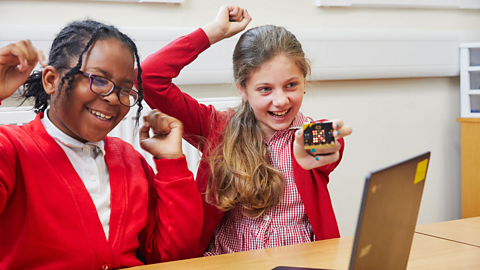
How to support your teen as they decide on their future career
Career coach Mark Anderson has advice for parents of teens who are choosing their options at GCSE or are nearing the world of work.
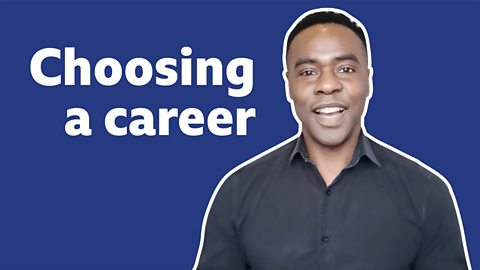
Dear Parents’ Toolkit… Should I help my child with their homework?
Real parents around the UK share their thoughts on homework. Is it better online? How much is enough? And how can parents help?
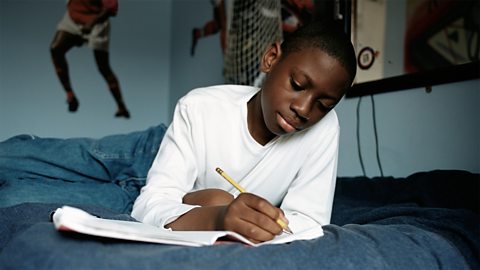
What is ADHD and does my child have it?
Paediatrician Dr Richard Lee-Kelland explains how parents can spot ADHD in their child and how to get diagnosis.
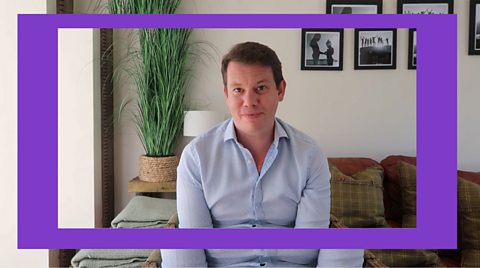
Dear Parents' Toolkit... How much screen time is too much?
Parents across the UK share their thoughts on screens and internet safety. Should I use them in parenting? What is 'screen guilt'? And how do I get my child away from them?
